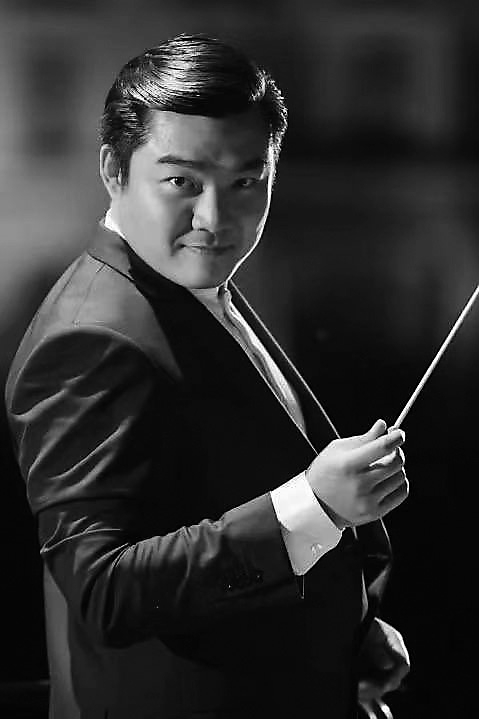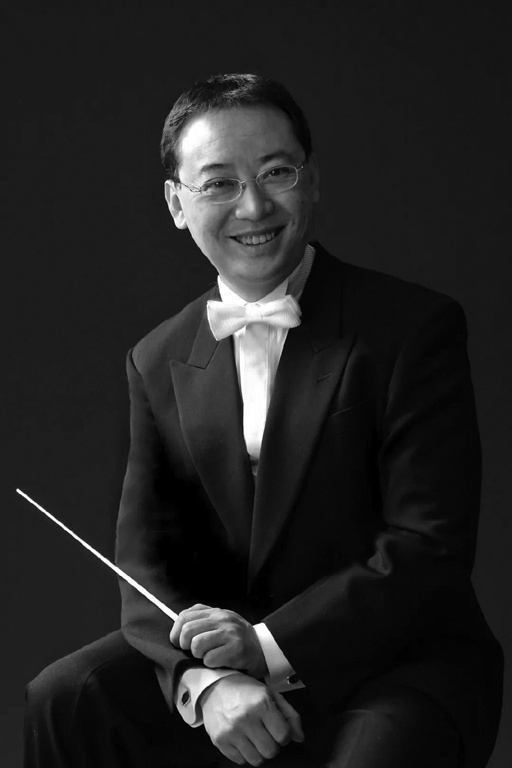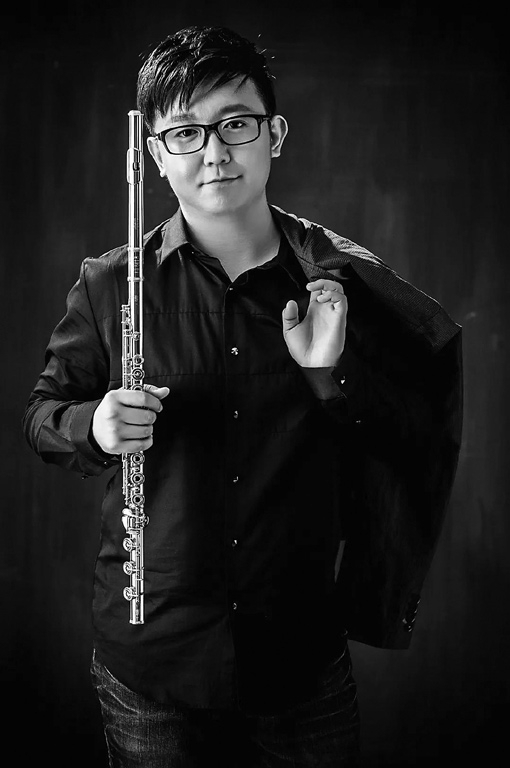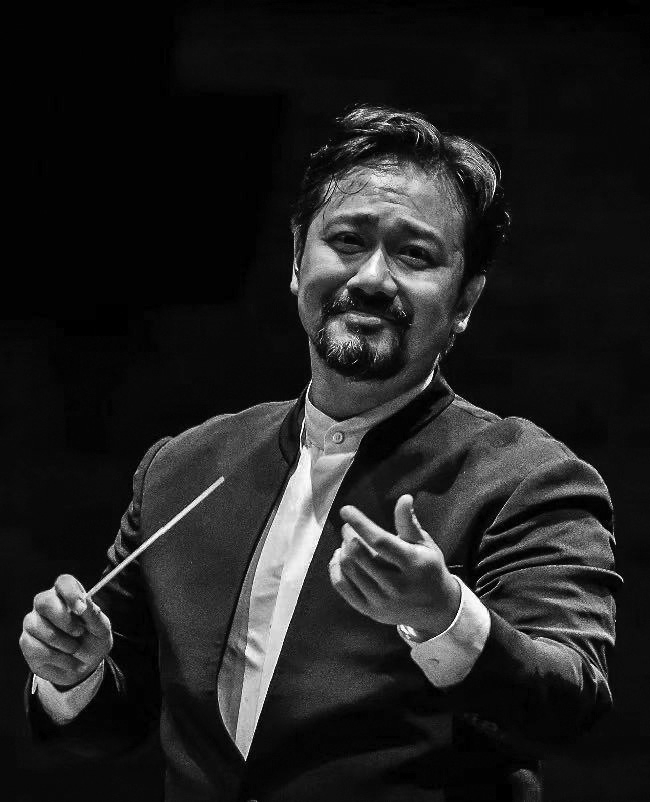




Mahler Mahler’s “Symphony No. 2 in C Minor” is known as the “Resurrection.” It was his first major work that established his lifelong view of the beauty of the afterlife and resurrection. In this large work, the composer further developed the creativity of “sound of the distance” and created a “world of its own,” aspects already seen in his first symphony. It was voted the fifth-greatest symphony of all time in a survey of conductors carried out by BBC Music Magazine. Lin Daye will wield the baton and soprano Song Yuanming will sing at the concert. Time: 8 p.m., Dec. 24 Tickets: 38-480 yuan Beethoven, Bartok Beethoven’s “Piano Concerto No. 5 in E-flat Major, Op. 73” is popularly known as the “Emperor Concerto.” It was his last completed piano concerto written between 1809 and 1811 in Vienna. It could be considered either the last great concerto in the classical style or, because of its immensely powerful gestures, the first of the great 19th-century romantic concertos. Bartok’s “Concerto for Orchestra” is his most popular work, due in large part to the directness of its language. As the title suggests, the concerto treats the various sections and solo instruments of the orchestra as if they were protagonists in a concerto. It is a five-movement orchestral work composed in 1943. Qian Junping will wield the baton at the concert. Time: 8 p.m., Jan. 16, 2021 Tickets: 38-480 yuan Reinecke, Dvorák Reinecke’s “Concerto for Flute and Orchestra in D Major, Op. 283” shows the German composer at his best, and provides a milder taste of the brackish waters of the early 20th century, where traditionalism still mixed with post-romanticism and emerging modernism. Reinecke was a virtuoso pianist and teacher. But this concerto stands as perhaps the only Romantic flute concerto still in the repertory. As it was written in 1908, it should not be considered Romantic at all but is a key to understanding Reinecke’s music, which was very old-fashioned in its day, rooted in the early 19th-century language of Felix Mendelssohn and Robert Schumann. Dvorák composed “Symphony No. 8 in G Major, Op. 88” in 1889 when he had just been elected to the Bohemian Academy of Science, Literature and the Arts, and spent just a bit over two months writing a symphony to express his gratitude and pleasure in receiving this honor. In contrast with the stormy Romanticism of his previous symphony, “No. 8” is bright and optimistic in tone, suffused with the lilt of his beloved Bohemia. The sounds of the countryside are never far from Dvorák’s music, but in this case — as the composer himself noted — the structure is “different from my previous symphonies, with the thoughts worked out in a new way.” The folk-like melodies come in abundance, especially in the first movement, which is structured almost like a rondo — with the initial theme repeated every time a new melodic idea comes along. Though all these ideas are meticulously crafted, there is an air of spontaneity about them. And of course — as in all Dvorák’s music — the dance rhythms are prevalent. Liu Ming will wield the baton and flautist Zhang Bile will be soloist at the concert. Time: 8 p.m., Jan. 30, 2021 Tickets: 38-480 yuan Venue: Longgang Cultural Center (龙岗文化中心) Metro: Line 3 to Longcheng Square Station (龙城广场站), Exit D(SD News) | 
